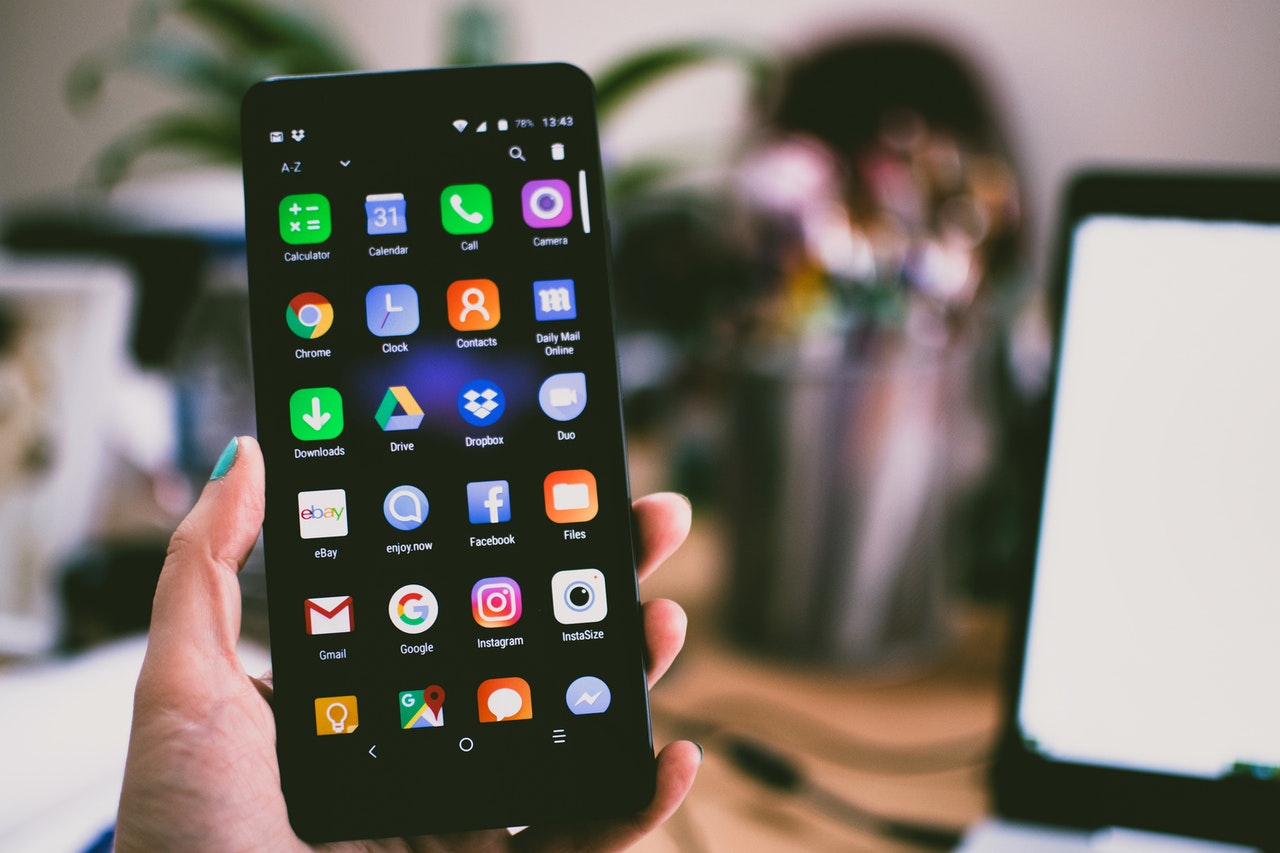
How your RFID enabled devices is tracking you
RFID stands for Radio-frequency identification, it is the technology used for instance for contactless payments and various identification systems. Of course, your smartphone is among those devices and has RFID contactless payment capabilities through NFC. As with everything else, such capabilities can be used for tracking by various actors.
But unfortunately, this is not limited to your smartphone, and you also probably carry some amount of RFID enabled device with you all the time such as:
- Your contactless-enabled credit/debit cards
- Your store loyalty cards
- Your transportation payment cards
- Your work-related access cards
- Your car keys
- Your national ID or driver license
- Your passport
- The price/anti-theft tags on object/clothing
While all these cannot be used to de-anonymize you from a remote online adversary, they can be used to narrow down a search if your approximate location at a certain time is known. For instance, you cannot rule out that some stores will effectively scan (and log) all RFID chips passing through the door. They might be looking for their loyalty cards but are also logging others along the way. Such RFID tags could be traced to your identity and allow for de-anonymization.
More information over at Wikipedia: https://en.wikipedia.org/wiki/Radio-frequency_identification#Security_concerns [Wikiless] [Archive.org] and https://en.wikipedia.org/wiki/Radio-frequency_identification#Privacy [Wikiless] [Archive.org]
The only way to mitigate this problem is to have no RFID tags on you or to shield them again using a type of Faraday cage. You could also use specialized wallets/pouches that specifically block RFID communications. Many of those are now made by well-known brands such as Samsonite. You should just not carry such RFID devices while conducting sensitive activities.
See Warning about smartphones and smart devices
Source: The Hitchhiker’s Guide to Online Anonymity, written by AnonyPla © CC BY-NC 4.0
